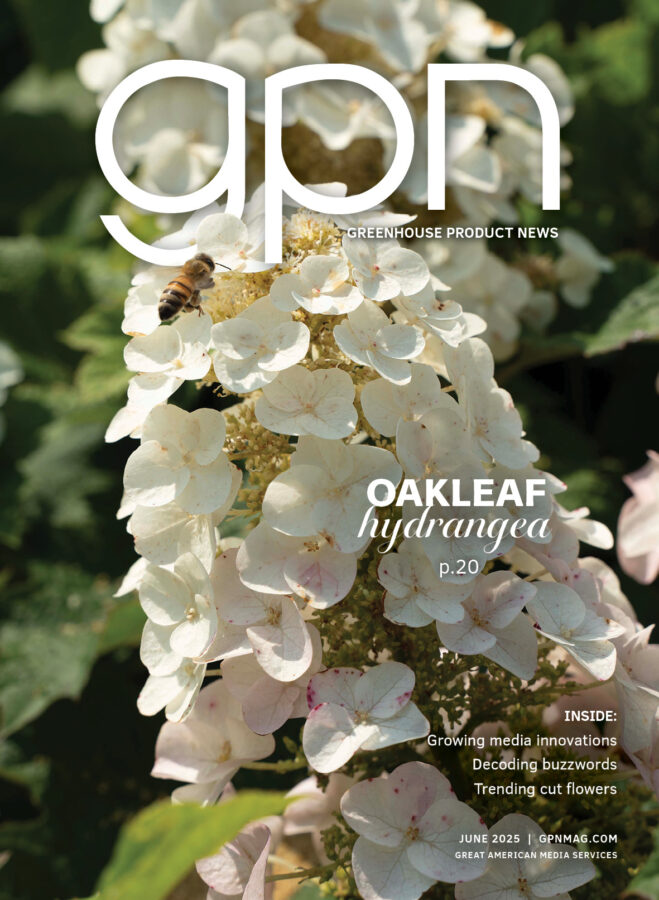New Consortium to Focus on Indoor Agriculture
The Foundation for Food and Agriculture Research (FFAR) is launching the Precision Indoor Plants (PIP) Consortium, a public-private partnership to develop flavorful, nutritious crops specially intended for indoor agriculture.
Sustainably feeding a growing global population requires researchers to examine innovative food production approaches. One approach gaining traction is controlled environment agriculture (CEA), also known as indoor agriculture. Worldwide, interest in indoor agriculture is booming. Yet, CEA research largely focuses on design elements for the indoor systems, such as vertical productions facilities and lighting, not the plants themselves.
FFAR’s initial $7.5 million investment is matched by the PIP participants for a total investment of $15 million to develop flavorful, nutritious crops for indoor agriculture. PIP’s participants include AeroFarms, BASF, Benson Hill Biosystems, Fluence Bioengineering, Intrexon, Japan Plant Factory Association and Priva.
“The majority of the crops grown indoors have been developed over thousands of years for outdoor production,” said Sally Rockey, FFAR’s executive director. “While understanding the indoor system’s design elements is important, PIP seeks to understand which environmental and genetic factors help crops thrive indoors.”
The PIP collaborative convenes a diverse array of participants representing aspects of the indoor agriculture industry. The collaborative pools resources to fund joint research that produces nutritious, flavorful crops that can grow anywhere, year-round, profitably. PIP’s research will explore increasing nutrient content and yields, growing crops with less energy and understanding how crops perform best in CEAs.
“Do you remember the taste of tomatoes from your childhood? If you’re like me, every summer you complain that commercial tomatoes today are not the same. Commercial tomatoes are abundant, shelf-stable and disease resistance – but not perceived as tasty as they once were,” noted John Reich, FFAR Scientific Program Director. “However, PIP’s research could produce a tomato plant that grows quickly indoors, tastes great and is highly nutritious. This plant would require less energy to grow indoors, potentially increasing affordability, and could be grown anywhere regardless of environmental constraints.”
PIP’s research seeks to make CEA an option for growing a variety of crops, including leafy greens and herbs, tomatoes, strawberries and blueberries. Initial PIP projects will focus on improving nutritional content and changing the size and shape of the plant.
This research has implications for a wide variety of agricultural environments, including outdoor agriculture and space. For farmers planning outdoors, PIP’s research has the potential to reduce strain on the environment, make crops more resilient to stresses, bolster food and nutritional security and shorten the supply chain for producers. The research is also useful for government agencies and corporations interested in growing food in space for long-term space exploration.









 Video Library
Video Library 


















